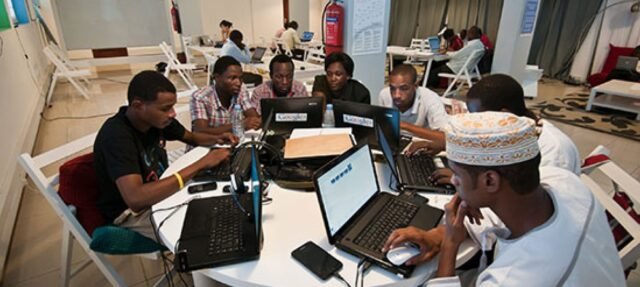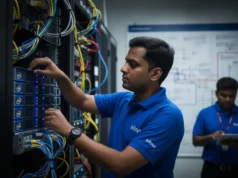Across Nigeria, leaders in education, business and technology are calling on young people to take digital innovation seriously as a path to entrepreneurship and self-reliance. At a recent event in Abuja, organised by BMI Finishing School, stakeholders agreed that the next phase of national development depends on how well young Nigerians can use technology to create opportunities instead of waiting for jobs.
The programme unveiled new digital learning labs designed to support the Federal Government’s 2025 basic education curriculum. These labs will introduce pupils and junior secondary students to practical digital skills early in life. According to BMI’s founder, Nnamdi Felix Unachukwu, the initiative aims to “teach the next generation to be job creators, not job seekers.”
Unachukwu explained that Nigeria’s unemployment rate and population growth make entrepreneurship a necessity, not a luxury. “The global evidence is clear,” he said. “When young people gain practical exposure to digital innovation, their creativity and problem-solving capacity increase. That’s how modern economies grow.”
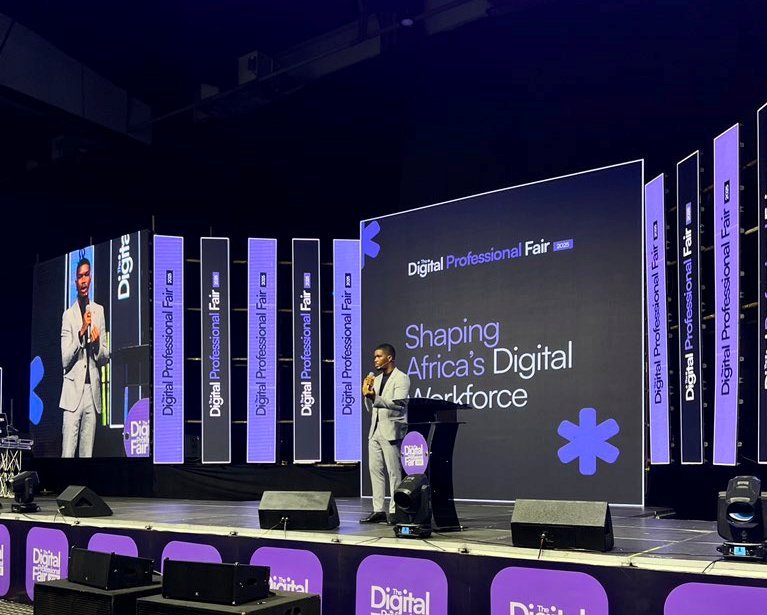
Table of Contents
A New Direction for Learning
The curriculum linked to the digital labs moves away from purely theoretical teaching. Instead, it combines entrepreneurship, digital literacy and vocational training, helping students to gain hands-on experience with real tools. Pupils will learn coding, online marketing, graphics design, and simple financial literacy—all tailored to age and ability.
The pilot project is already running in several schools across Lagos and Niger States, including 20 public schools and a few private ones. Teachers trained under the scheme reported that students were more enthusiastic about learning when technology was involved.
This model could be a game changer for Nigeria’s education system, which has long been criticised for producing graduates with certificates but limited employable skills. By nurturing innovation from an early age, the new curriculum aims to shape students who can create apps, start digital businesses, and think independently about solving community problems.
Digital Innovation: Nigeria’s Lifeline
Nigeria’s youth population—estimated at more than 70% under 35—faces a challenging labour market. Traditional sectors like government and oil can no longer absorb the growing number of graduates. Yet, the digital economy continues to expand, offering alternatives in e-commerce, content creation, fintech, software development, and remote freelancing.
Experts believe that embracing digital innovation could turn this youth bulge into an economic advantage. Reports show that many young Nigerians are already using social media and digital platforms to market products, offer freelance services, or build small online brands. However, widespread challenges remain: poor electricity, expensive data, and limited access to devices hinder broader participation.
According to a 2024 study by the Research Institute of Innovation and Sustainable Solutions, “digital entrepreneurship can reduce youth unemployment by over 30% within a decade—if properly supported through training, infrastructure, and policy incentives.”
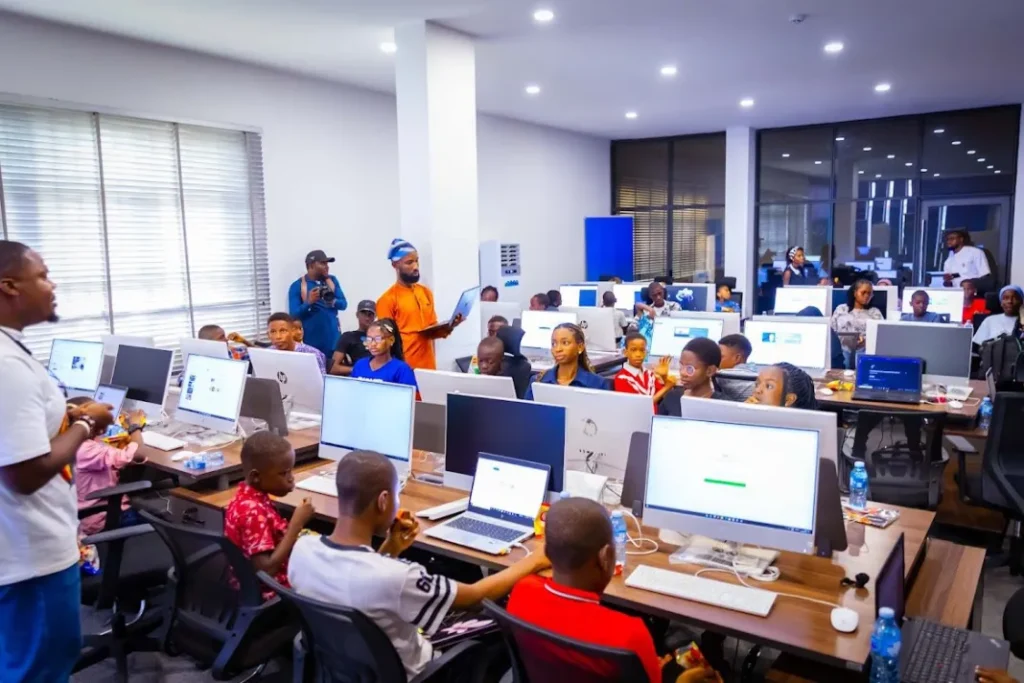
Building the Right Ecosystem
Speakers at the Abuja event stressed that technology alone is not enough. There must be a deliberate effort to build an ecosystem that supports young innovators through mentorship, access to funding, and enabling government policies.
Unachukwu highlighted that collaboration is key: “Government, private sector, schools, and communities must work together. Our youth are smart and creative, but they need a supportive environment to thrive.”
Stakeholders also advised that teacher training and curriculum adaptation are vital. Many teachers still lack the skills or confidence to teach digital subjects. Without equipping educators, the message of innovation may not reach students effectively.
Several NGOs and corporate organisations pledged to partner with BMI Finishing School to expand the digital labs nationwide. Some have already committed to donating laptops and solar-powered systems to rural schools.
Changing Mindsets, Creating Futures
One major takeaway from the event was that the battle for innovation begins in the mind. For decades, many young Nigerians have been conditioned to believe that success means getting a government job or working in an office. But that mentality no longer matches the realities of today’s economy.
As one participant, a young tech entrepreneur, said, “Digital skills gave me my freedom. I started by editing videos on my phone, now I run a media business employing five people.”
His story mirrors thousands of others across Nigeria—young people turning creativity into income through innovation. But more can be achieved if the education system intentionally builds this mindset in the classroom.
The stakeholders agreed that national development depends on the youth embracing the idea that innovation is not a foreign concept—it is a Nigerian necessity. By leveraging technology, young people can turn everyday challenges, from agriculture to logistics, into profitable ventures.
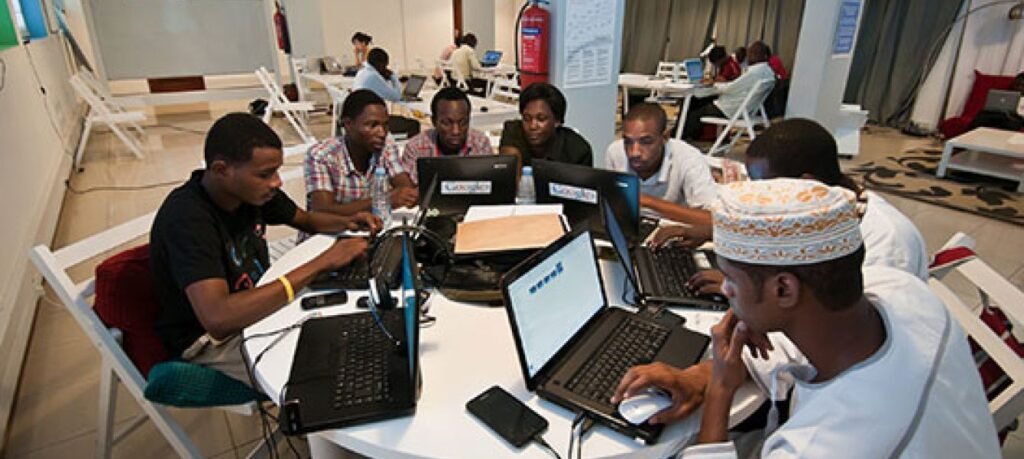
The Road Ahead
The Abuja event was more than a launch; it was a wake-up call. It reminded Nigerians that the future of work is digital, and that the country must prepare its youth to lead that transformation.
If properly implemented, initiatives like the BMI digital skill labs could produce a generation of tech-savvy entrepreneurs—children who can build apps before they finish secondary school, or teenagers who can design business plans around social impact ideas.
As Unachukwu concluded, “We must invest in young people now, not when they’re out of school. The earlier they understand innovation, the faster Nigeria can build a self-reliant, globally competitive economy.”
The message is clear: Digital innovation is not just the future—it is Nigeria’s opportunity today.
Join Our Social Media Channels:
WhatsApp: NaijaEyes
Facebook: NaijaEyes
Twitter: NaijaEyes
Instagram: NaijaEyes
TikTok: NaijaEyes


